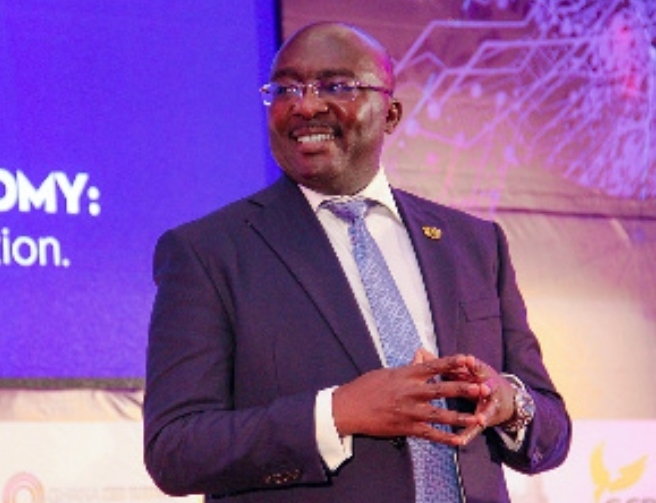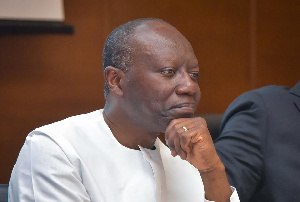Guarantors no longer required to access student loans

The guarantor requirement, which hitherto was a major part of conditions to get the student loan, according to Vice President Dr. Mahamudu Bawumia poses a barrier to access.
Out of the 325,000 eligible students whose details were submitted by all the tertiary institutions on the Student Loans portfolio, only 9.6 percent could access the loan in the 2019/20 academic year, it has emerged.
Similarly, only 8.4 percent of eligible students could access loans in 2016/2017; 9.8 percent in 2017/18; and 8.6 percent in 2015/16. Further, in the 2019/20 academic year, 42 percent of the 7,552 loan applicants could not submit their completed forms because of difficulty finding eligible guarantors.
It is against this background that Dr. Bawumia said in fulfilment of government’s promise to make tertiary education accessible to Ghanaian youth, especially graduates from the Free Senior High School (FSHS), a decision has been taken on it.
With the ‘No Guarantor Student Loan Policy’, the cumbersome and restrictive policy of students providing three SSNIT contributors as guarantors before they could access student loans for tertiary education has been abolished.
This means it is now possible for qualified young Ghanaians to access loans to fund their tertiary education, using their Ghanacard.
Furthermore, this development will remove barriers and significantly increase inclusive access to tertiary education.
Dr. Bawumia was speaking at the ‘No Guarantor Student Loan Policy’ launch at the Kwame Nkrumah University of Science and Technology (KNUST) in Kumasi, and said the removal of the guarantor requirement is a critical step.
This, he emphasised, is “the first step to ensuring cost is not a barrier to access and participation in tertiary education. Indeed, these are exciting times to be a youth in Ghana. One can go through education from basic to tertiary with guaranteed support from governmen”.
He noted that, globally, loans have enabled financially-challenged individuals to go through university and pay after graduation.
Government, he opined, acknowledges this need and the challenges associated with students getting guarantors to secure loans, hence the introduction of the ‘No Guarantor Policy’ to ease the burden on parents of qualified Free SHS graduates.
The Vice President revealed the development that has been made possible through the Ghana Card, noting the investment government has made in digital infrastructure which has made the card a reliable national identity for Ghanaians.
He said: “This is one of the benefits we derive as a country by prioritising digitalisation. It is at the core of every serious economic management”.
Other speakers at the ceremony, including Vice-Chancellor of KNUST, Prof. Rita Akosua Dickson, and the President of NUGS, Dennis Appiah Larbi, welcomed the latest decision by government.
It was acknowledged that the policy will open doors for more brilliant but needy students to access tertiary education, which they usually miss out on due to lack of funding.
Minister of Education, Dr. Yaw Osei Adutwum who was also present at the ceremony, expressed the Ministry’s commitment to ensuring the policy’s success.
The new policy is believed to be another milestone after expanding access to secondary education through the Free SHS policy.
Qualified students are required to apply online to the Ghana Students Loan Trust with their Ghana Card, and successful students will have their fees paid directly to their tertiary institutions.




